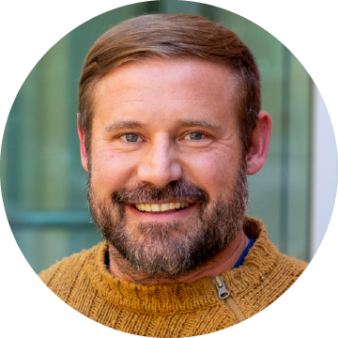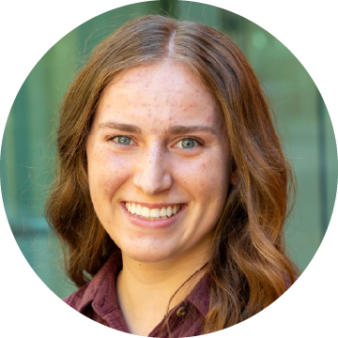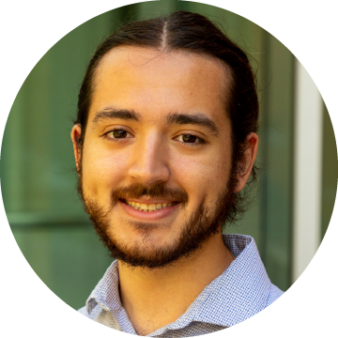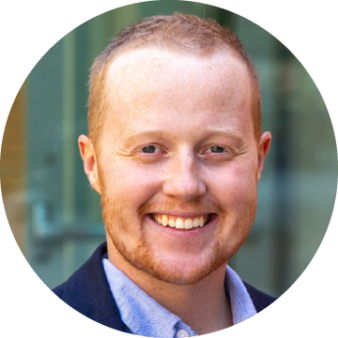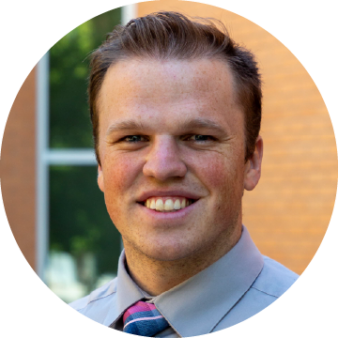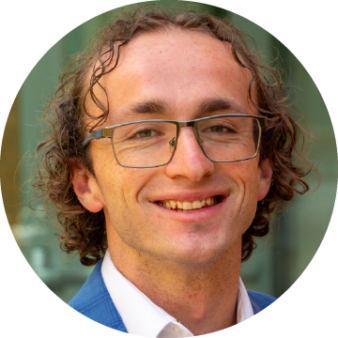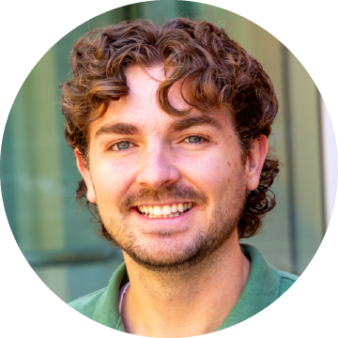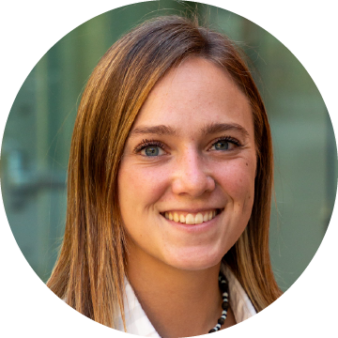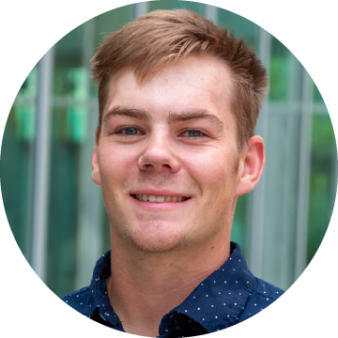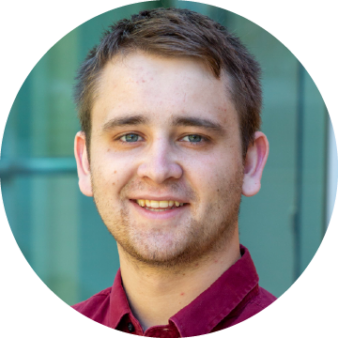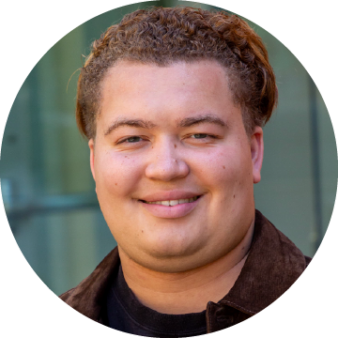Students
Our philosophy
We empower our fellows to discover, develop, and deploy their unique abilities in a setting that encourages them to make meaningful contributions to today’s most pressing challenges.
In fact, we engage our students on every project we produce, and many of our papers are co-authored by our student fellows.

Learn by doing:
From your first day with us, you will be fully integrated into our research process. No one learned to ride a bike by watching others, and we don’t expect you to learn research that way, either.
In addition to working alongside our worldwide network of distinguished researchers, we will create opportunities for you to develop the hard and soft skills needed to succeed in business, public policy, government, and academia.
Individualized learning experiences:
You cannot discover, develop, and deploy your unique abilities through a one-size-fits-all model. This is why we have crafted individualized experiences that are tailored to your needs and interests. We will help you assess where you are and what you need to succeed, and then create a mix of one-on-one trainings, hands-on experiences, and small-group workshops to learn the latest research techniques.

Our fellowships
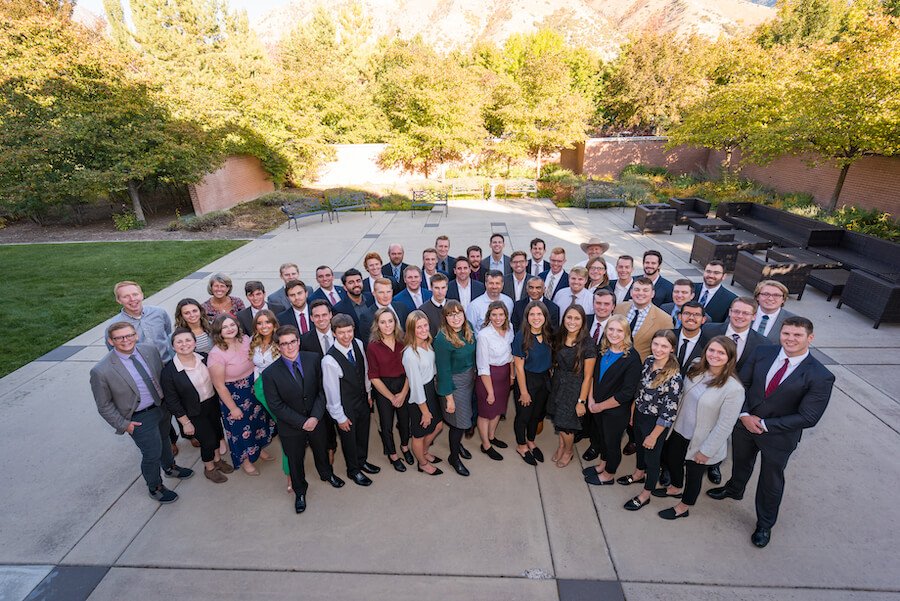
CGO Undergraduate Research Fellowship
This is an opportunity for students in the Huntsman School of Business to participate in life-changing, timely, and policy-relevant research while working to complete an undergraduate degree. Fellows receive funding of $3,000 per semester.
CGO fellowships begin in August and conclude at the end of the following spring semester. Fellowships can be renewed until the completion of the required courses for a student’s degree.
Interested? Please send a résumé cover letter to erica@thecgo.org.
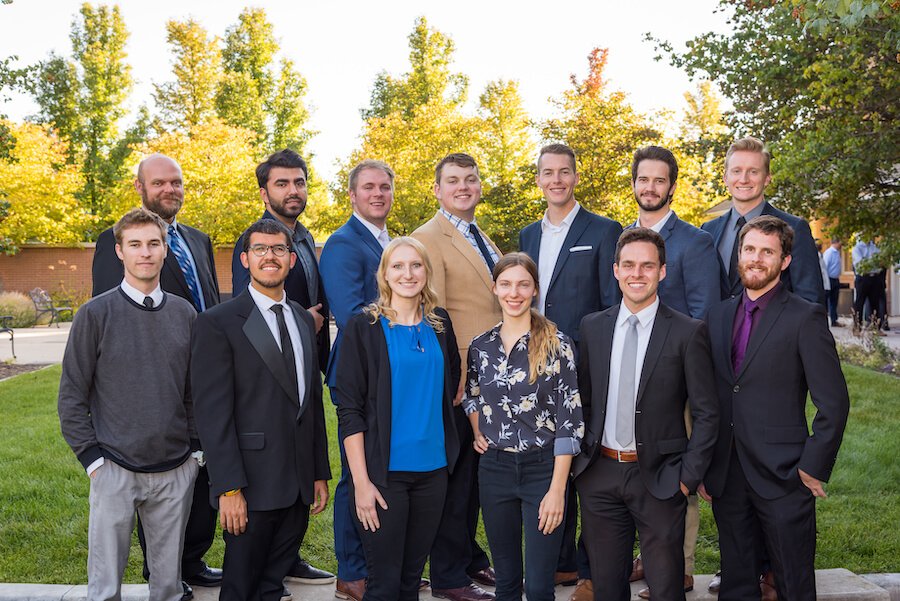
CGO Graduate Research Fellowship
This is an opportunity available to students pursuing a master’s degree in the Huntsman School of Business. CGO graduate fellows receive funding equal to full in-state plus differential tuition. Qualified nonresident students are eligible to receive full tuition funding via a non-resident tuition waiver.
CGO fellowships begin in August and conclude the last day of the following spring semester. CGO fellowships can be renewed until the completion of the required courses for a student’s degree.
Applications are closed for the 2024-25 academic year.
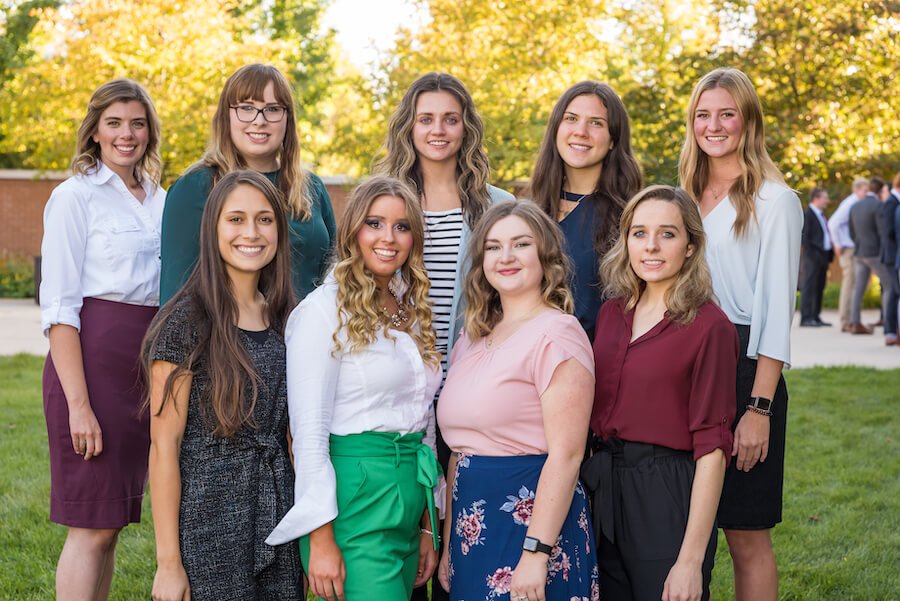
Amy Rees Anderson Academic Entrepreneurs
This is a research fellowship program for female Huntsman School students who are interested in careers related to higher education, academia, business, or public policy. Fellows receive funding of $3,000 per semester.
In addition to the standard fellowship opportunities offered by the CGO, ARA fellows take part in professional development training and receive personal mentorship with Amy Rees Anderson.
For more information, please contact Erica Darley at erica@thecgo.org.
Frequently asked questions
What does it take to be a CGO Fellow?
- Are you curious? Analytical? Driven?
- Are you an Economics or Finance undergraduate student in the Huntsman School of Business?
- Are you pursuing an MSE, MFE, or MDATA-E in the Huntsman School of Business?
- Are you able to commit to 20 hours of research per week?
- Are you optimistic about the future?
- Are you inspired by innovative solutions to today’s societal challenges?
What are the benefits of being a CGO Fellow? You can expect to learn:
- How to tackle daunting research questions
- How to be a better technical writer
- How to collect, manage, and analyze data
- How to communicate research techniques and findings with policymakers
- Which research methods are most applicable to the question at hand
- About the impacts of public policy from a variety of CGO scholars, industry experts, and policymakers
What types of projects have other CGO Fellows completed?
- Writing a blog post for Benchmark on the latest CRISPR technology
- Participating in a public speech training and practice session
- Collecting and presenting data on refugees for a research paper
- Writing an op-ed on conservation easements for The Hill
- Develop experiments in our economics lab for your masters thesis
More questions? Email us at hello@thecgo.org.

